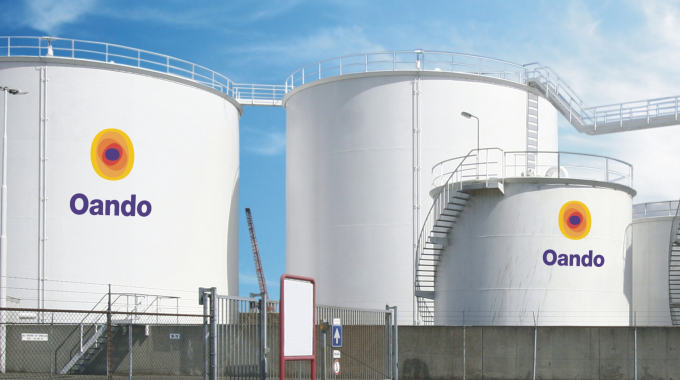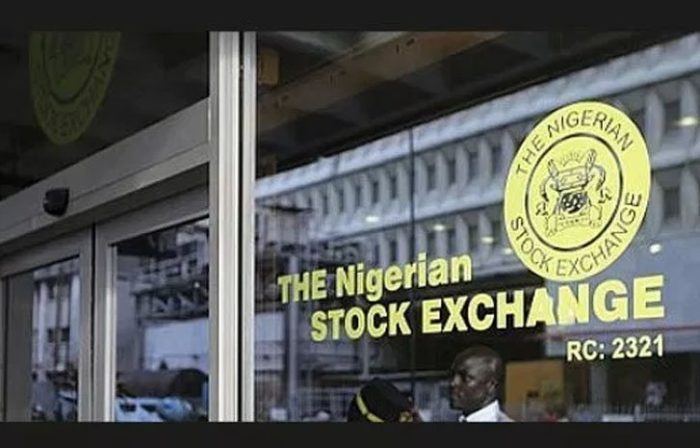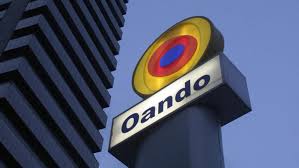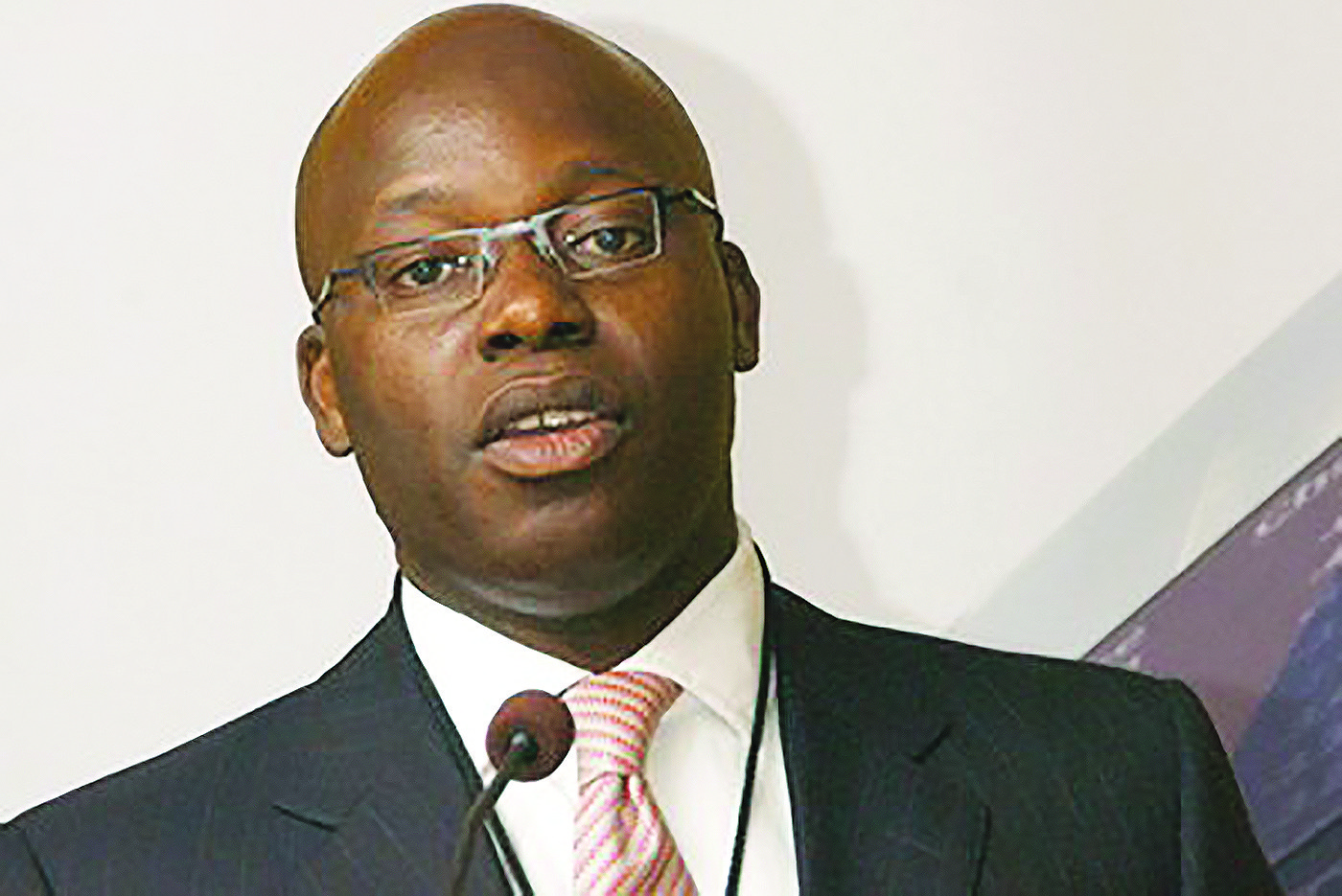BY ODUNEWU SEGUN
THE recurring losses of Oando Plc, plus huge debts and severe negative working capital position may cast significant doubt as to the company’s ability to continue in business.
In the 2015 audited financial statement of the company, it recorded a loss after tax of N49.68 billion from a loss of N145.12 billion as at December 2014. It has been recording losses since the third quarter of 2014, when oil price began its fall and the central bank embarked on its first series of devaluation.
From the statement, Turnover decreased by 10%, N381.7 billion compared to N425.7 billion (2014), while Gross Profit increased by 7%, N77.7 billion compared to N72.3 billion (2014). Loss-Before-Tax decreased to (N51) billion compared to (N138) billion (2014), and Loss-After-Tax decreased to (N49.7) billion compared to (N145.7) billion (2014).
Oando also released its 2015 Q1 results reporting another loss of N13.8 billion (2014: N15.5 billion). The company also reported a drop in revenues from N30.6 billion reported in 2014 to N27.7 billion in 2015.
ALSO SEE: Oil marketers may go beyond N145 as forex scarcity persists
Oando’s Plc is obviously in a financial mess and has made recognizable efforts to try to address this issues. However, despite these efforts, it still has an over N300 billion in negative working capital as at March 2016. A negative working capital for any business is a signal that its ability to continue as a business is seriously in doubt.
Its creditors can essentially pull the plug on Oando. We doubt that will ever happen due to the “too big to fail” status Oando seems to have acquired for itself.The banks that have now refinanced about N95 billions of Oando’s loans seem to also understand how dire Oando’s liquidity crisis really is.
By giving them a loan with a moratorium on principal repayments of three years, it could be seen in hindsight as a smart move as they obviously knew Oando will not be able to repay the principal from operations. This incidentally also helps the banks avoid provisioning. Nevertheless, there is a huge cause for concern as the company’s ability to service interest is not guaranteed.
There still has a retained loss of about N195.5 billion indicative of its inability to pay dividends in the short-term medium term. It has an option to set-off its Share Premium against its retained losses but that will confirm that all the value it has created over the years are not gone. Oando’s total equity is about N55.2 billion but still has market capitalization of about N80 billion. It will be interesting to see how long the market continues to place a multiple to its net assets.
Oando’s share price closed at N6.6 gaining about 2.2 percent. It is either investors have not yet fully digested the results or simply believe the worst is over for Oando.

 Entertainment5 days ago
Entertainment5 days ago
 Health1 week ago
Health1 week ago
 Health4 days ago
Health4 days ago
 Football1 week ago
Football1 week ago
 Football1 week ago
Football1 week ago
 Crime4 days ago
Crime4 days ago
 Crime1 week ago
Crime1 week ago
 Education6 days ago
Education6 days ago






